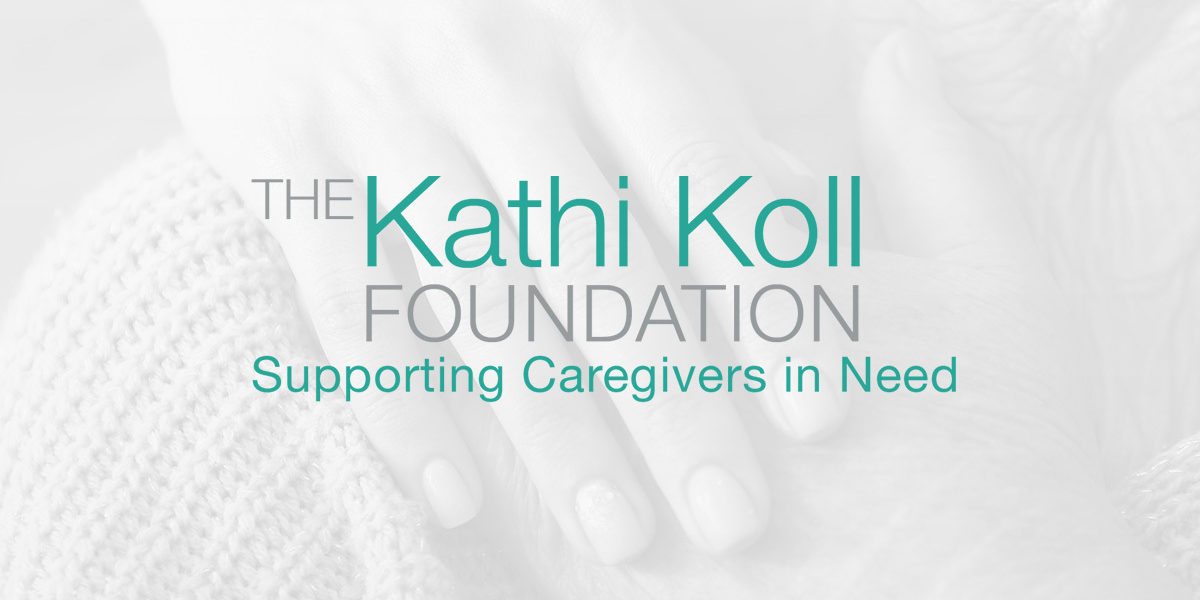We all experience feelings of guilt from time or time. As caregivers, we can feel guilty about leaving the patient alone for too long or for taking time to ourselves. Patients can feel guilty about asking for help or for even needing help in the first place.
Coping with guilt can be tough but I have discovered some effective tools for dealing with it from author and psychology researcher Dr. John Grohol, Psy.D., that have helped me move on more quickly.
They are:
1) Recognize the kind of guilt you have and its purpose:
“Healthy” or “appropriate” guilt is when we feel guilty about saying something hurtful to someone or for focusing on our lives to the exclusion of loved ones (for example), which is a sign that our behavior needs to change or risk damaging our relationships. “Unhealthy” or “inappropriate” guilt is when we feel guilty about doing something when there is no reason to feel guilty like taking time out for ourselves amidst a busy caretaking or work schedule. Either way, guilt can help us grow and mature when we acknowledge what’s behind it.
2) Make amends or changes sooner rather than later:
If you’re feeling bad about saying something hurtful or if you’re doing something that’s not working, apologize and/or make changes quickly. Delaying taking action will only prolong the feelings.
3) Accept you did something wrong, but move on:
We can’t change the past. All we can do is accept our part, apologize and move on. If we continue obsessing about what we did or about needing to do something more, the guilt will only linger and can start interfering with our relationships.
4) Learning from our behaviors:
If we acknowledge mistakes, we will be less likely to make them again. When we’re feeling inappropriately guilty, however, acknowledge that you may be trying new, healthy behaviors which can feel uncomfortable at first but is nothing to feel guilty about.
5) Perfection doesn’t exist in anyone:
We are all human and make mistakes. The key is to accept our mistakes and move on. Engaging in continued self-blame is counterproductive and doesn’t actually change the feelings. None of us is perfect and it’s ok!
To make an online donation to The Kathi Koll Foundation, please click here.


